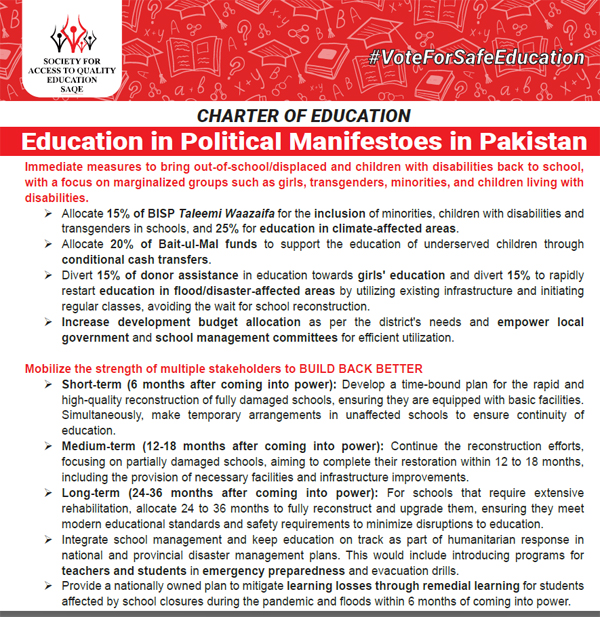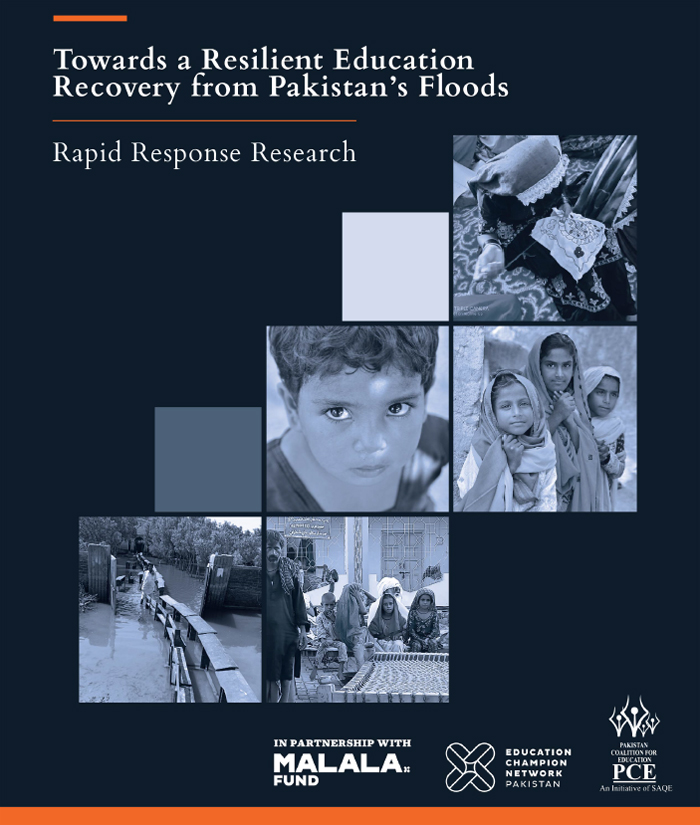Pakistani Youth: Overcoming Barriers to Reclaim Civic Spaces
July 5, 2021
Throughout history, humans, as social beings have occupied spaces to grow, adapt, and expand in the form of society. We have achieved this in the demarcates of certain rights, which are inherent to our existence.
The United Nations has defined basic human rights as rights fundamental to all human beings, which include but are not restricted to, the right to life and liberty, the right to work and education, freedom of association to organize themselves and most importantly, freedom of opinion and expression. The freedom of opinion and expression gives us the right to freely express our beliefs, defend our arguments, and allows us to be heard. By relying on these rights and freedoms, we are able to safeguard our beliefs and protect our communities from tyranny and oppression.
WHERE DOES PAKISTAN STAND?
Sadly, the world we live in today has reneged these freedoms from us. For the Pakistani youth, opportunities to engage in constructive debates and work for change are now more limited than ever. Their access to civic spaces has been limited, leaving them defenseless against anti-democratic tendencies. It has become exceedingly onerous to assemble into groups to advocate and protest peacefully without being marginalized in any way.
Local youth leaders in Pakistan are facing very serious barriers in bringing about change and are often discouraged to speak out. They are usually considered unqualified for assembly and association for being "too young" and are not taken seriously by those in power. Extensive governmental interference in the public association of youth is also a major problem and it usually results in loss of direction and ability to reach the required results. A lack of awareness among Pakistani youth has resulted in low participation, hindering the process of reclaiming their part in the decision and policy making of the country. Young leaders across Pakistan are inveigled in a sense of hopelessness and the lack of security and fear of retribution make advocacy even more difficult.
WHY DOES IT MATTER?
Without meaningful engagement, the youth will never be able to represent their own interests, and it will be impossible for Pakistan to inculcate a sense of responsibility and citizenship in its youth.
To cultivate better and more effective leaders, Pakistan needs to empower its youth and equip them with platforms where they can improve their problem-solving skills. Also, through access to free, legal, and physical spaces the Pakistani youth will be able to uphold transparency and accountability in democratic governance.
RECLAIMING CIVIC SPACE!
In this digital age, it is time we stop undermining the power and influence of youth in bringing change and building solidarity for oppressed and conflict-affected communities. It is also important for the youth to recognize their strength and raise awareness to reclaim their share in civil society.
The first step to reclaiming civic spaces is initiating conversation around important social issues at home, in school or even at informal gatherings with friends. Through this, the youth will be able to build knowledge and gain confidence in safe spaces, around the people they feel most comfortable. This will also teach them the importance of standing up for certain causes and working together towards a common goal.
Secondly, an effective approach to creating awareness about the legalities of such associations and the etiquette of assembling to protest for desired causes are online advocacy training programs. These programs teach young leaders the basics of endorsement and the rules of social practices like fundraising and protesting. With proper education to back their ideas and methods, it will be much easier to persuade the government to soften restrictions and aid youth associations for fruitful outcomes.
Thirdly, demanding civic space to oppose norms set by those in power will be challenging and so, shall require perseverance and a lot of patience. However, joining already existing associations run by more experienced individuals can be a great way to understand social mechanisms and integrate into existing civic spaces that are working by procedures which are generally accepted by the more conventional masses. With time, young leaders can replicate these procedures while also incorporating their own ideas to make their campaigns more effective. This way, they will have to face a lot less opposition and exclusion from those currently in power.
In Pakistan, it might seem difficult for youth leaders to initiate dialogue with policy makers, legislators, and other key stakeholders, however, strategic digital engagement can help overcome this barrier. Pakistani youth can use online platforms to participate and amplify their voices and make sure they are heard. Since the beginning of the global COVID19 pandemic, digital engagement has become even more crucial. It helps in strengthening connections in the community and is more transparent and accountable. Enriching online engagement platforms can also help simplify the engagement process and make it entertaining, thus, attracting the youth to participate.
Lastly, for those who need a support system and feel more motivated while working in teams, collaborating or volunteering with local bodies and NGOs can be highly beneficial. At PCE, we support youth advocates and are doing our best to mobilize them. PCE's latest initiative the 'Youth Caucus' was developed after extensive research on youth-led advocacy in Pakistan.
The 'Youth Caucus' is a platform aimed at equipping young local leaders and advocates on issues regarding education in Pakistan and providing them an intellectual space to discuss their ideas and work on their advocacy campaigns. We want to include the perspective of underrepresented Pakistani youth into the educational policy-making process and to bridge the gap between the young citizens and the policymakers in Pakistan. Through this initiative, we hope to aid the young leaders in creating their advocacy campaigns and working towards a more prosperous Pakistan.
For more details on PCE and the Youth Caucus, stay tuned for updates on PCE's social media handles:
https://www.facebook.com/pcepak
https://www.instagram.com/pce_saqe/
REFERENCES:
https://nation.com.pk/13-Oct-2018/safe-space-for-pakistani-youth

